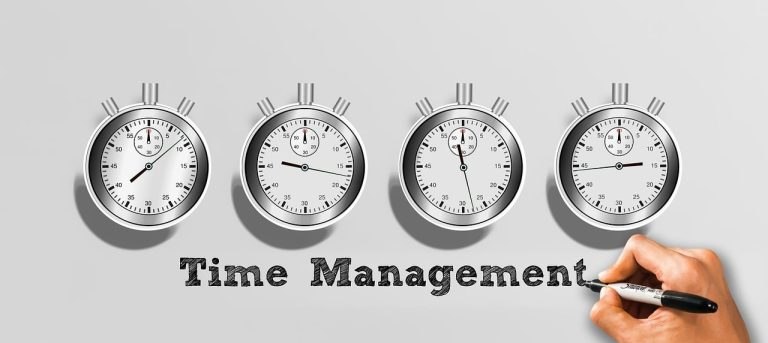Have you ever experienced something so many times that you just know what’s going to happen—without being able to explain exactly why?
Maybe you can tell a customer is about to say no before they open their mouth. You sense that a colleague will react badly to a message. Or you feel that a situation is about to escalate. That’s experience. And it’s also psychology.
“Neither the Bible, nor the prophets, nor the revelations of God or man… Nothing takes precedence over direct experience.”
– Carl Rogers
How do you know that hot objects burn? Or that a skeptical look in a meeting means your idea didn’t quite land? How do you often sense how a situation will unfold before it even happens?
The answer is experience.
According to Carl Rogers, one of the great thinkers in psychology, experience is the highest form of knowledge.
Psychology isn’t something mystical or abstract—it’s simply a scientific systematization of experience.
But why is it that many people view experience as intuitive and concrete, while psychology is often dismissed as academic and theoretical?
From Experience to Science
We learn from what we go through.
When we see enough people react similarly in similar situations, we form patterns in our minds. Over time, those patterns become rules we live by:
- If you smile at someone, they often smile back.
- If you ask a critical question in a meeting, you can read the reaction before anyone says a word.
- If a price feels too high, it’s rarely about the price itself—it’s about how it’s presented.
This isn’t necessarily something we learn from books—we experience it.
And when enough people have experienced the same thing, someone sits down and writes about it.
That’s how we get psychological theories that confirm what we already knew deep down.
In that sense, psychology is really just an academically structured archive of experience.
Why People Don’t Like the Word “Psychology”
Ironically, people are often more willing to trust experience than psychology.
Say, “I’ve seen this work many times,” and people nod along.
Say, “Psychology shows this works,” and some immediately become skeptical.
Maybe it’s because people associate psychology with therapy, self-help, or academic jargon.
Or maybe it’s because we like to think we’re guided by our instincts—not by predictable patterns of human behavior.
But the truth is that whether we call it experience or psychology, it’s about the same thing:
How humans react in given situations.
The Autodidact’s Approach to Psychology
I’ve never attended a school that taught me what’s right or wrong.
I’m self-taught, and in life I’ve often had to figure things out on my own.
That means I usually have to work harder to make sure what I base my knowledge on actually holds up.
But it’s not just about understanding why things happen.
It’s also about having to prove what I know.
Because I don’t have a formal title that grants instant credibility, I have to do it differently:
- I double-check sources.
- I test theories in practice.
- I look for patterns that either confirm or disprove my own observations.
When a professor or researcher says something, it’s taken seriously because they carry an academic stamp.
When someone self-taught says the same thing, it needs backup.
That’s why I have to work twice as hard to ensure that what I learn, understand, and share is solid.
To me, psychology isn’t an academic exercise.
It’s a way of making sense of why things happen.
It’s confirmation that what I’ve experienced isn’t random—it’s part of a larger pattern.
When billions of people react similarly over time, those reactions become patterns we can predict.
That collective experience is what we call psychology.
So when you notice that when A happens, the brain responds with B—it’s not just your experience.
It’s a pattern rooted in something bigger.
And for some of us, it’s not enough to know we’re right. We also need to prove it, over and over again.
Experience + Psychology = Better Decisions
If you know that people often act on emotion before logic, you can apply that in sales, negotiation, or communication.
If you understand that we prefer what’s familiar (the mere exposure effect), you can use that in marketing.
If you know that people tend to defend their choices even when they’re bad (confirmation bias), you’ll better understand why some stay in bad jobs or relationships.
Intuition is often the sense of knowing something without knowing why.
But if you dig deeper, you’ll see that intuition is the sum of your experiences—and those experiences can often be explained by psychology.
Conclusion: There’s Really No Difference
Carl Rogers was right: Nothing has greater authority than direct experience.
When enough people experience the same thing, we wrap it in theory and call it psychology.
At the end of the day, it’s simply about understanding how humans think and react—and using that insight to make better decisions.
That’s why I often return to psychology in my writing. Because if you ask “why?” enough times, it usually leads you back to how we humans work.
And if it’s about people—about psychology, experience, curiosity, results, and new ideas—is it really education we’re talking about?
Or is it something much bigger? That’s what I’ll explore in Sunday’s article—on why psychology shows up so often in my writing.





